New data has shown that nearly two in five or 39% of young people aged 16–27 in Erewash lack the confidence to make critical financial decisions.
On the final day of the government’s Curriculum and Assessment Review, polling conducted by Opinium in May 2024 with a sample of 1,000 and a sample of 2,000 nationally representative adults led Yorkshire Building Society officials to issue a call for Education Minister Bridget Phillipson to make financial education mandatory in primary schools.
With two in five young people lacking the confidence to make crucial financial decisions, a statement said that financial education is urgently needed to equip the next generation with the skills to navigate an increasingly complex financial world.
The statistics gathered from Erewash are being branded as a warning sign for the UK’s next generation of workers, homeowners, and taxpayers, at a time when rising interest rates and a cost-of-living crisis are putting unprecedented pressure on household finances.
The figure for Erewash is reflected elsewhere with regional data showing that in Birmingham, 39% feel ill-equipped to make key financial choices, with similar figures in London (38%) and the South East (38%).
Budgeting is another weak spot: just over half (56%) of young people nationally know how to manage their money. In the North West, only half of young adults feel confident in their budgeting skills.
This comes at a critical moment, as the government’s Curriculum and Assessment Review—currently underway—aims to ensure that education prepares young people for life and work, while addressing issues of inclusivity and relevance.
The Building Society's call for mandatory financial education aligns directly with the mission, highlighting the urgent need to provide all children and young people with the tools to manage their finances confidently and responsibly.
Its findings have suggested that the consequences of financial illiteracy are already unfolding, with implications stretching far beyond individual households.
Over a third of young people with student loans in Erewash missed at least one repayment last year, with 15% of those aged 24–27 now owing more than £20,000. But the problem isn’t limited to student loans —more than a third of young adults have missed payments on other types of debt, with figures as high as 40% in London and the South East, circumstances that led the researchers to suggest that the level of financial insecurity risks locking young people out of opportunities to save for pensions, achieve homeownership, or invest in their futures—threatening long-term economic stability.
Additionally, with regard to digital finance, toung people, often thought of as tech-savvy, are disproportionately targeted by online scams and identity theft. One in five (20%) in Erewash have fallen victim to scams—more than double the rate of older generations there. Despite growing up in a digital-first world, many young people lack the skills to navigate its complexities safely. New financial tools, such as Buy Now, Pay Later schemes and cryptocurrencies, further complicate the landscape, increasing the likelihood of poor decision-making and financial vulnerability.
For many, the lack of financial knowledge starts young. Over half (58%) say their primary source of financial education was family, but families can only do so much. Children from lower-income households are less likely to receive meaningful financial education, often facing greater exposure to financial struggles at home. Meanwhile, those from middle-income families—where money is increasingly digital—frequently struggle to grasp foundational financial concepts, further widening the gap in understanding.
With only 40% of young people in in Erewash saying they received meaningful financial education at school, it’s clear that the education system is leaving young people unprepared for real-world money challenges. The fragmented approach—spread across Maths, PSHE, and Citizenship—fails to build a coherent understanding of topics like budgeting, saving, and credit. The Curriculum and Assessment Review offers an unparalleled opportunity to embed financial literacy into the curriculum at all stages, starting in primary school, to ensure the next generation has the skills to meet modern financial challenges.
There is concern that a generation without the confidence to manage their finances risks becoming trapped in a cycle of debt, financial insecurity, and missed opportunities. Struggling to budget, save, or plan for the long term could mean reduced homeownership rates, delayed life milestones, and increased reliance on welfare systems. The growing number of young people falling behind on payments or being targeted by scams could also result in significant strain on financial services, the housing market, and legal systems.
The data paints a stark picture of the urgent need for reform. Experts agree that a “little and often” approach to financial education, starting in primary schools, is essential. Embedding topics such as budgeting, saving, digital finance safety, and the difference between "wants" and "needs" into early education would establish strong foundations. These lessons should continue throughout secondary education, delivered through practical, engaging methods that build confidence and resilience.
A statement suggested that, without swift action, the UK risks seeing an entire generation trapped in financial insecurity, with consequences that will ripple across the economy for decades to come. Financial education isn’t just a solution—it’s a necessity for safeguarding the financial resilience of the next generation and the nation as a whole.

 Space race! Borough Council offers R&D boost for satellite and F1 firm
Space race! Borough Council offers R&D boost for satellite and F1 firm
 New Chief Executive recommended by Derbyshire County Council
New Chief Executive recommended by Derbyshire County Council
 Change to Employment Rights Bill a ‘step forward’ says Chamber
Change to Employment Rights Bill a ‘step forward’ says Chamber
 PCC urges residents to leave e-scooters off the shopping list
PCC urges residents to leave e-scooters off the shopping list




